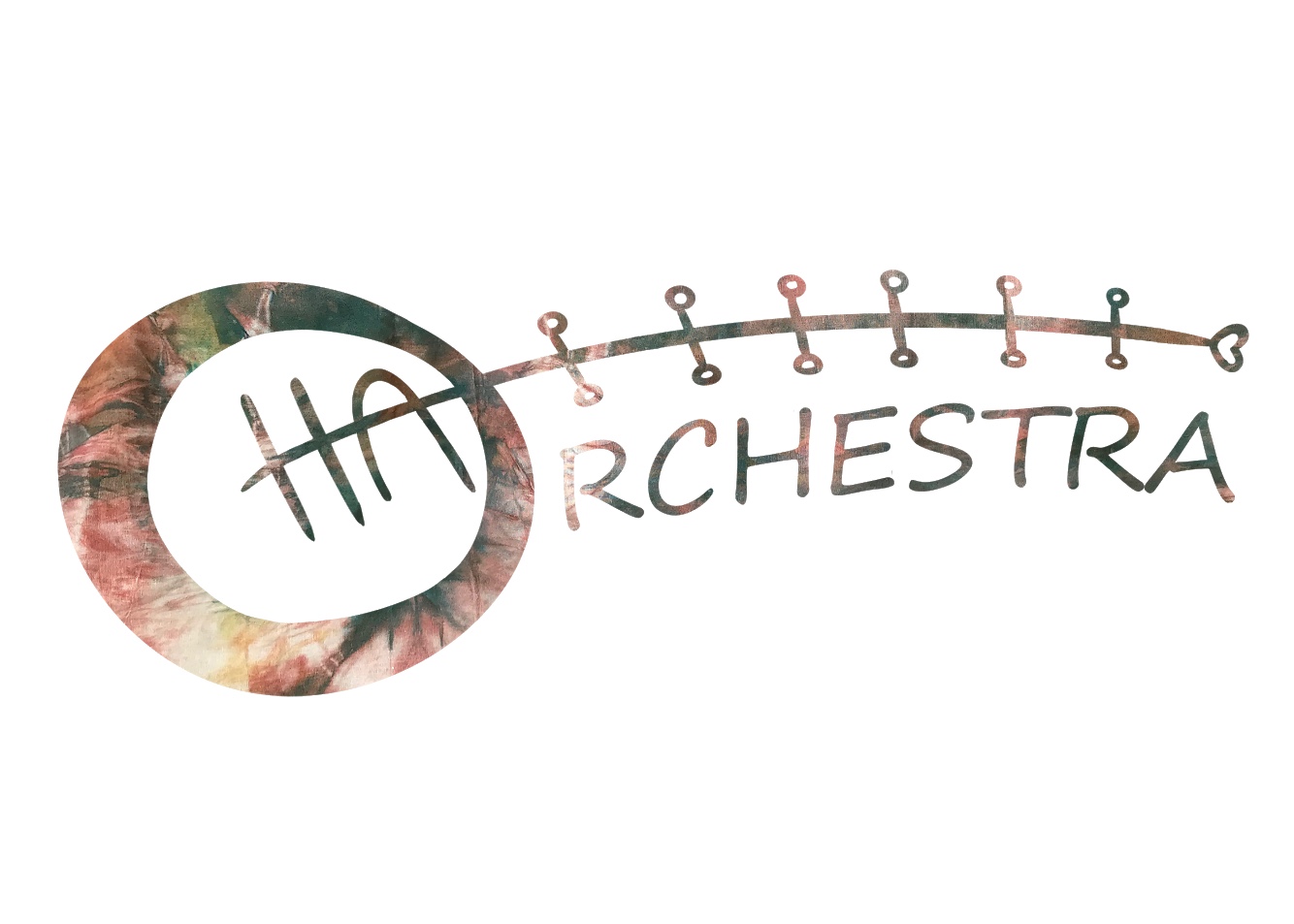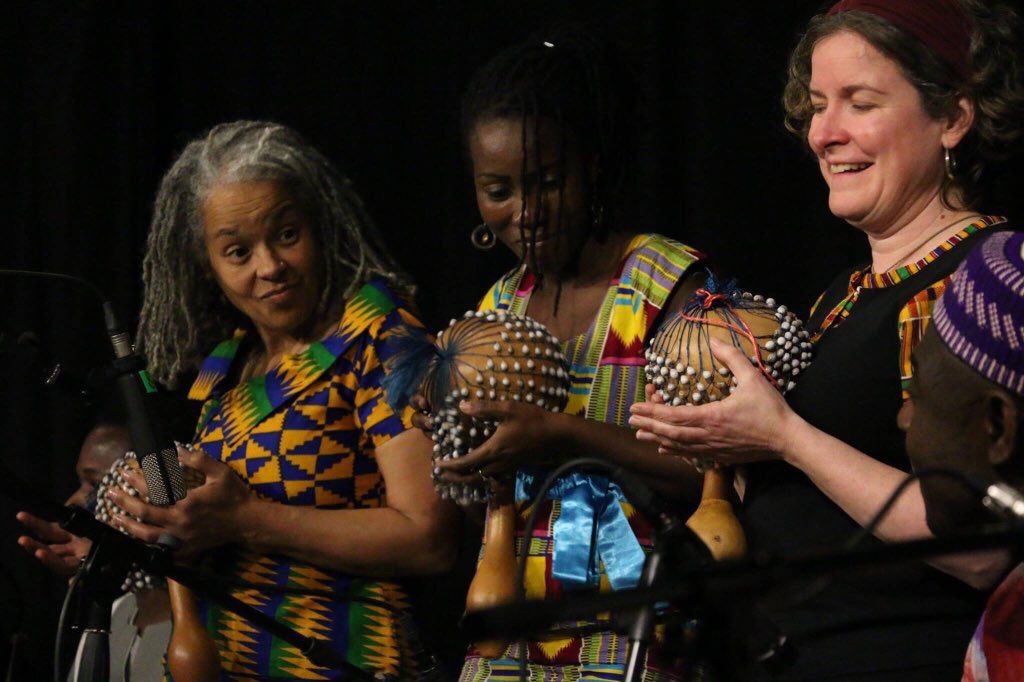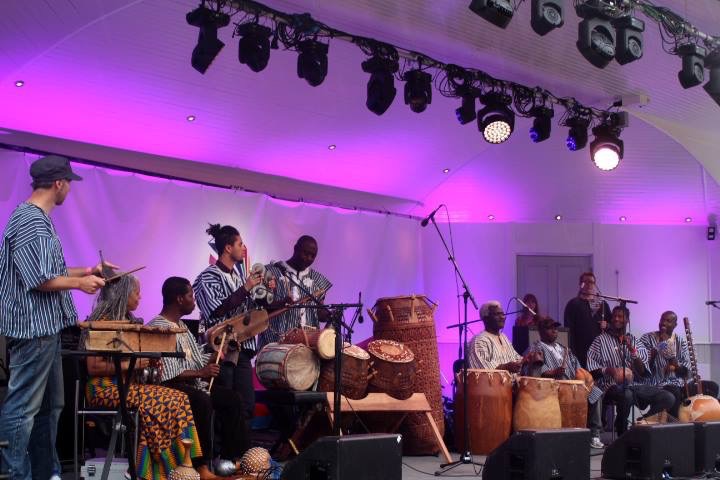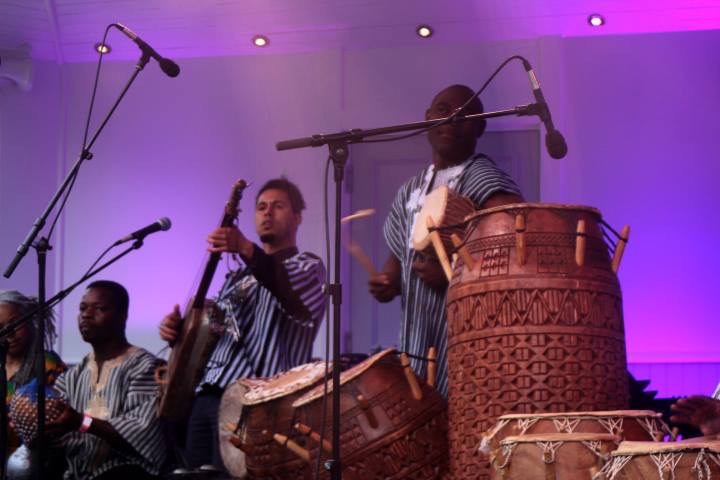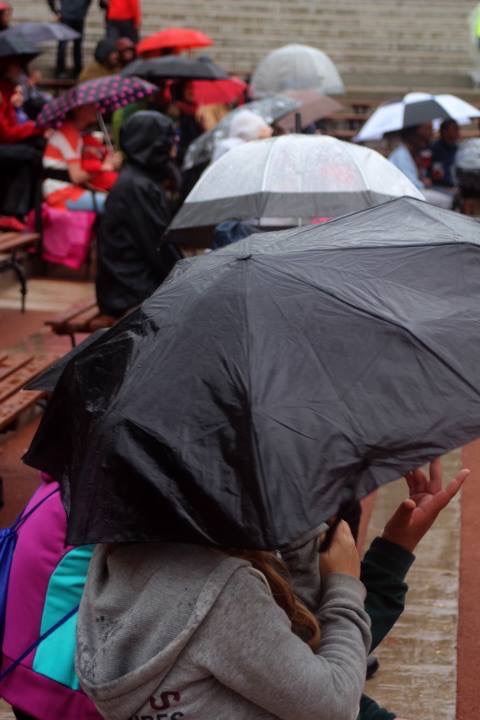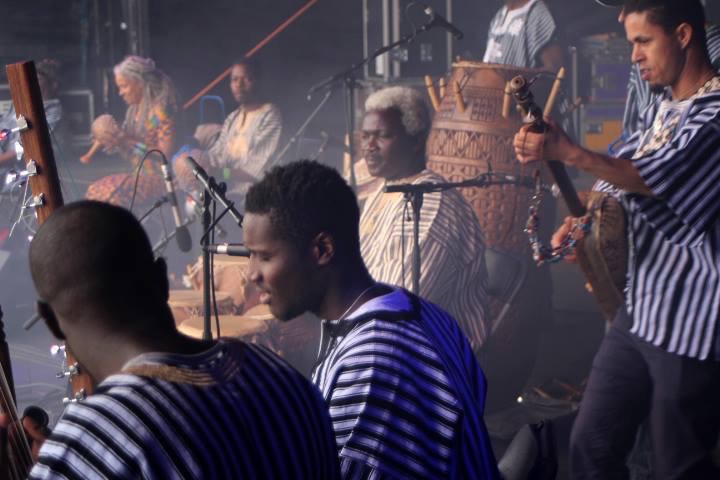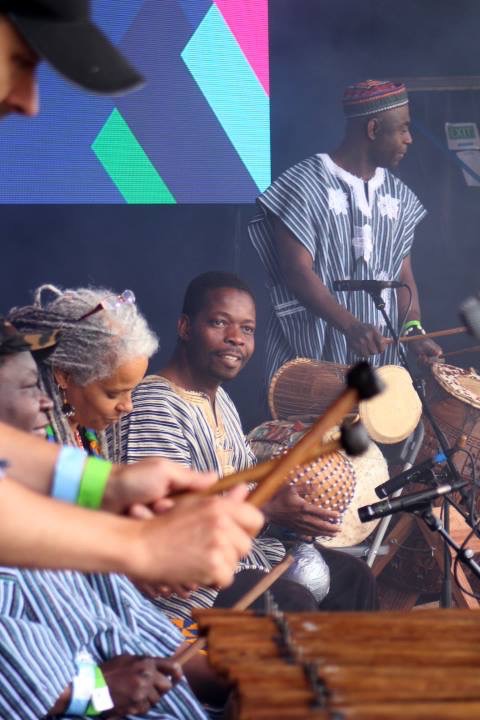The First Symphonic African Orchestra in Scotland Welcomes You

“…our approach to music making is from the perspective of treasured opportunities and mutual enrichment. Our Music Making is rooted in artistic research and practice as research.”
Doctoral Research
Ha Orchestra is one of Dr Gameli Tordzro’s doctoral practice research outputs. The starting point of Ha Orchestra in 2014 was also the commencement of Tordzro’s UK Arts and Humanities Research Council (AHRC) Translating Cultures theme doctoral research scholarship award on the Researching Multilingually at The Borders of the Body, Language, Law and The State (RM Borders).
In his PhD thesis he writes:
“I set up, developed composed for and led the first African symphonic orchestra in Scotland bringing together African and western musicians and their musical instruments that would normally not be played in the same ensemble. This project explores the advantage of migration, allowing musicians and their musical instruments to arrive in Scotland in closer proximity to and interacting with each other in Europe than has been the case on the continent in Africa. The project was set up in time for the Commonwealth Games coming to Glasgow in 2014 as an important musical contribution to the Cultural Festival of the games.“
Tuning As Communication
The setting up Ha Orchestra presented a number of interesting challenges that presented a fertile ground for research inquiry, the development of new insights and opportunities for deeper understanding of rehearsal and performance practices in the context of creating a new African diaspora musical experience in Scotland. One such opportunities was The interaction and communications of ‘tuning’.
The main concern in 2014 was how to make all the different instruments interact musically to achieve a desirable new sound that is attractive enough for the musician and the audiences to be engaged by the music. Part of this challenge was in how to resolve questions of tuning as all the musical instruments are fabricated traditionally in different keys. The step I took to deal with this initial question was the decision to transpose all compositions into F major for the sake of the Kora and xylophone tuned in the key F major. This meant that all the other instruments had to play in F major. Resolving all the issue of tuning meant some interactive negotiation with and between the musicians to synchronise the tunings of their instruments. It also meant musicians interaction with other musician’s instruments to get used to how they sound alongside their own instruments.Tuning is an important problematic aspect of music making especially when several musical instruments are coming together for the first time
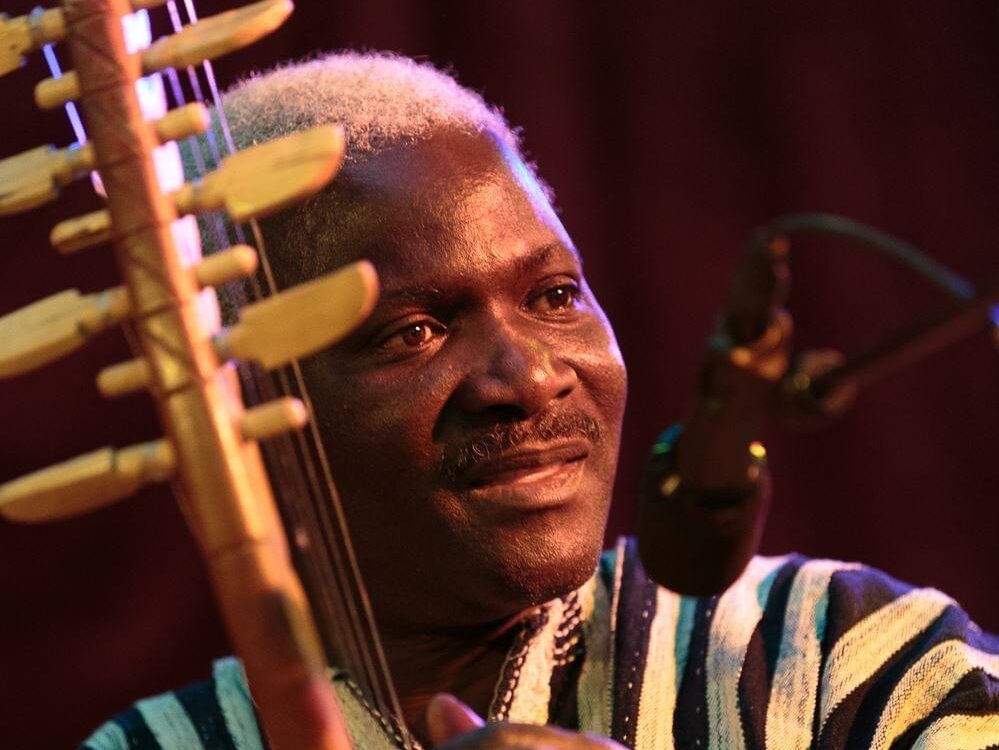

what
After the Glasgow 2014 Cultural Festival tour, I continue to lead the Orchestra to perform internationally, bringing a new genre of diaspora music to audiences in Scotland, Denmark, France, and Ghana but also globally online, through the orchestra’s website and social network platforms as a way of acting with music to create social and musical interaction.
Gameli Tordzro, Founder
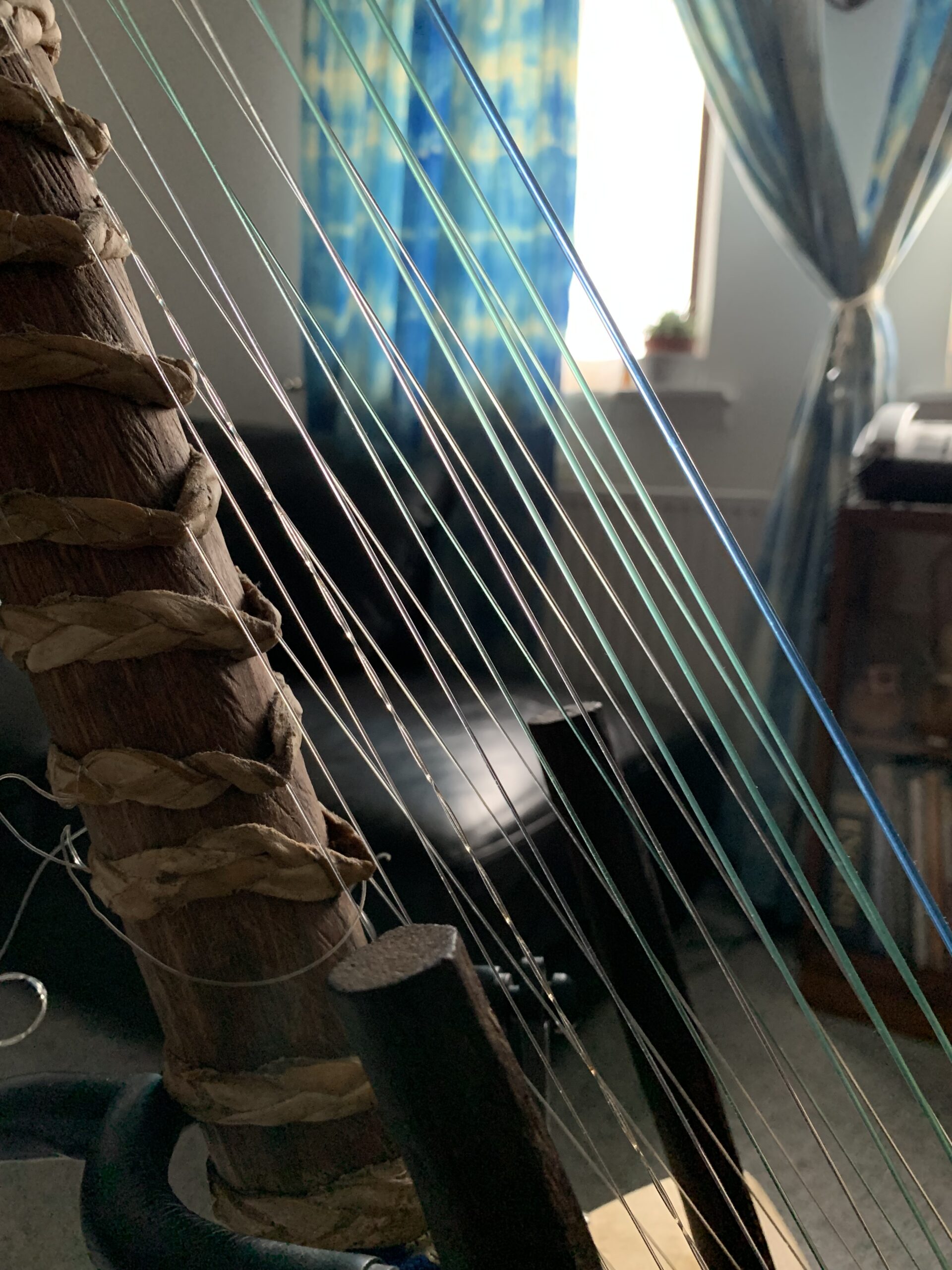
. The way musical instruments are stored and transported either protects them or exposes them to changes in humidity levels, and atmospheric temperature and pressure. These changes affect different musical instruments in various ways that can affect how the instrument sounds and means that some musical instruments need regular tuning and retuning. Thus, the attitude and awareness a musician brings to care, maintenance, the need to tune, how to tune where and when to tune is a major factor of interaction which can be affected by the relationship a musician has with their instrument and other musicians. The relationship each musician has with their instrument affects and shapes the development and relationships between musicians. Sometimes, just for the sake of the difficulties of maintaining an instrument in a perfect tuned state, some musicians would not permit another person to touch their instruments. For the same reason, some people find it difficult to touch another person’s instrument. In Ha Orchestra, the idea is to encourage everyone to introduce their instruments to other musicians and foster a fertile environment for new musical experiences as much as possible. We continue to explore running as parts of conceptual musical journey of interaction, collaborating with indigenous musicians across the world
